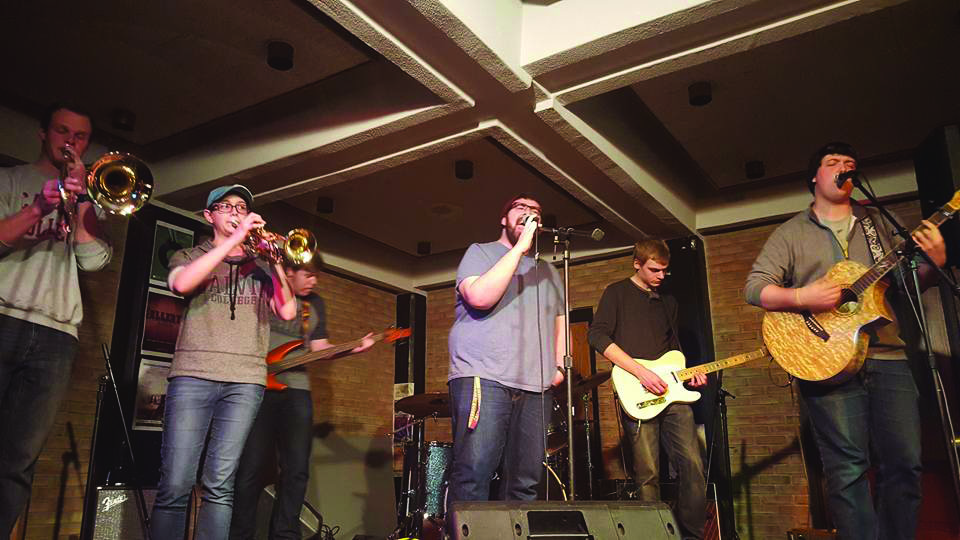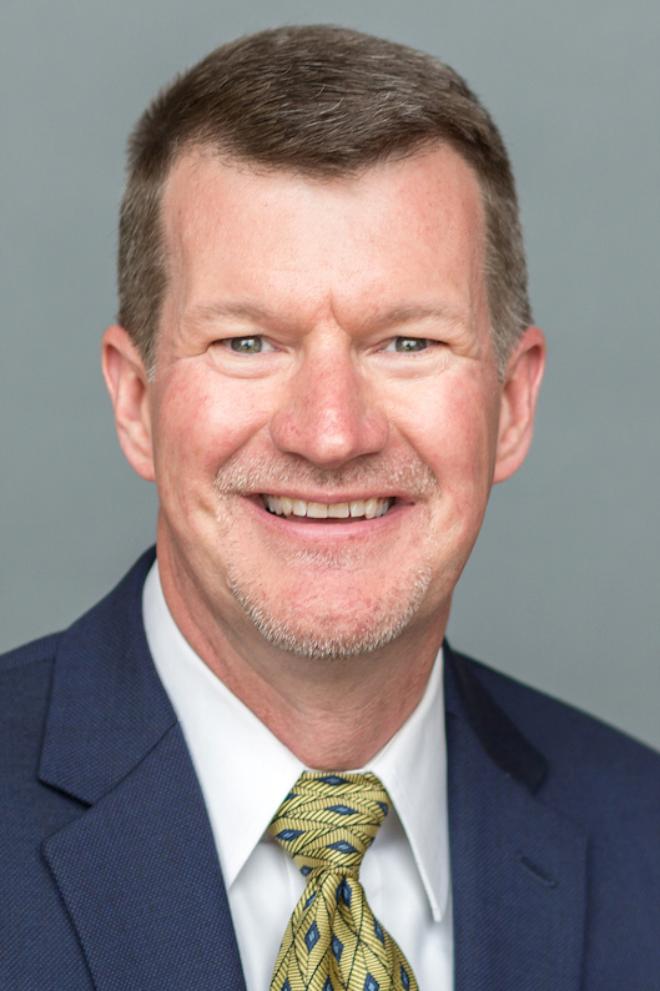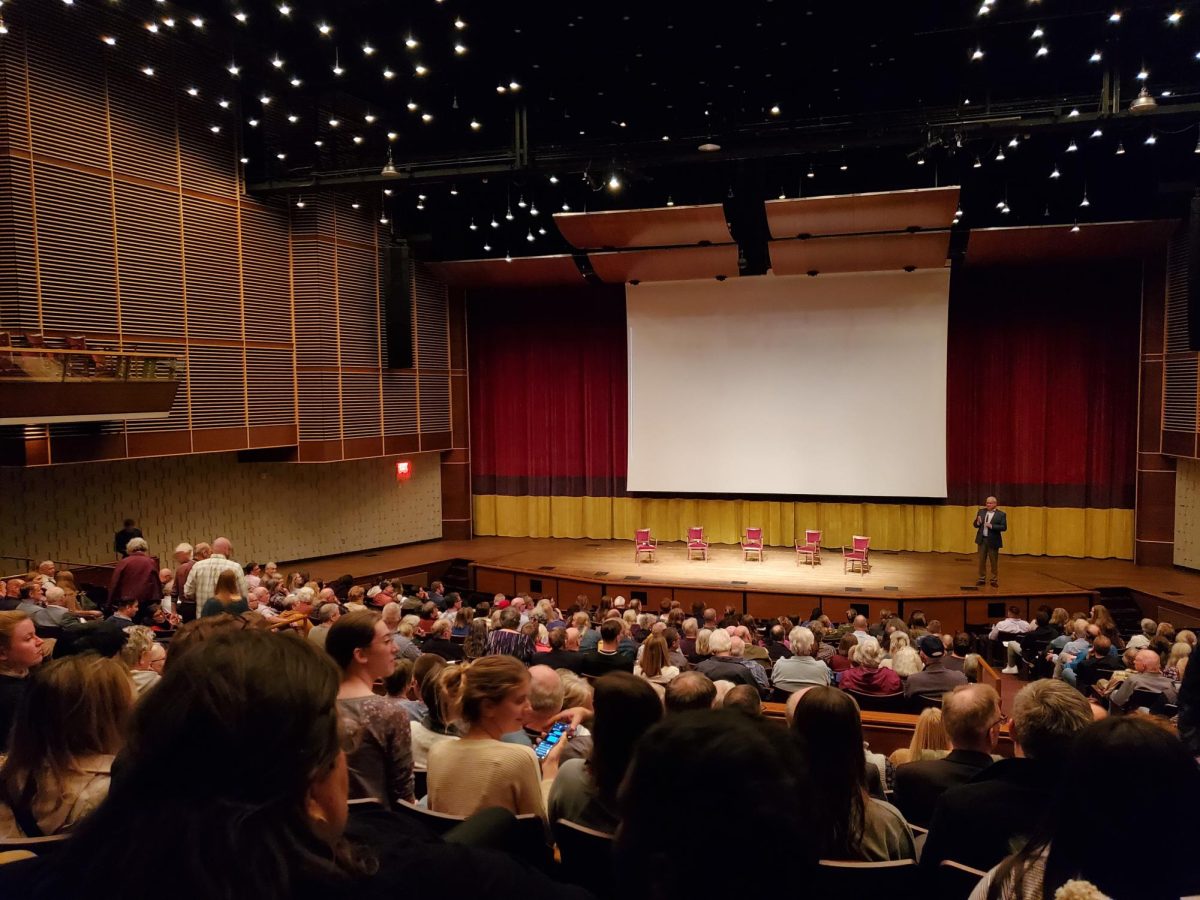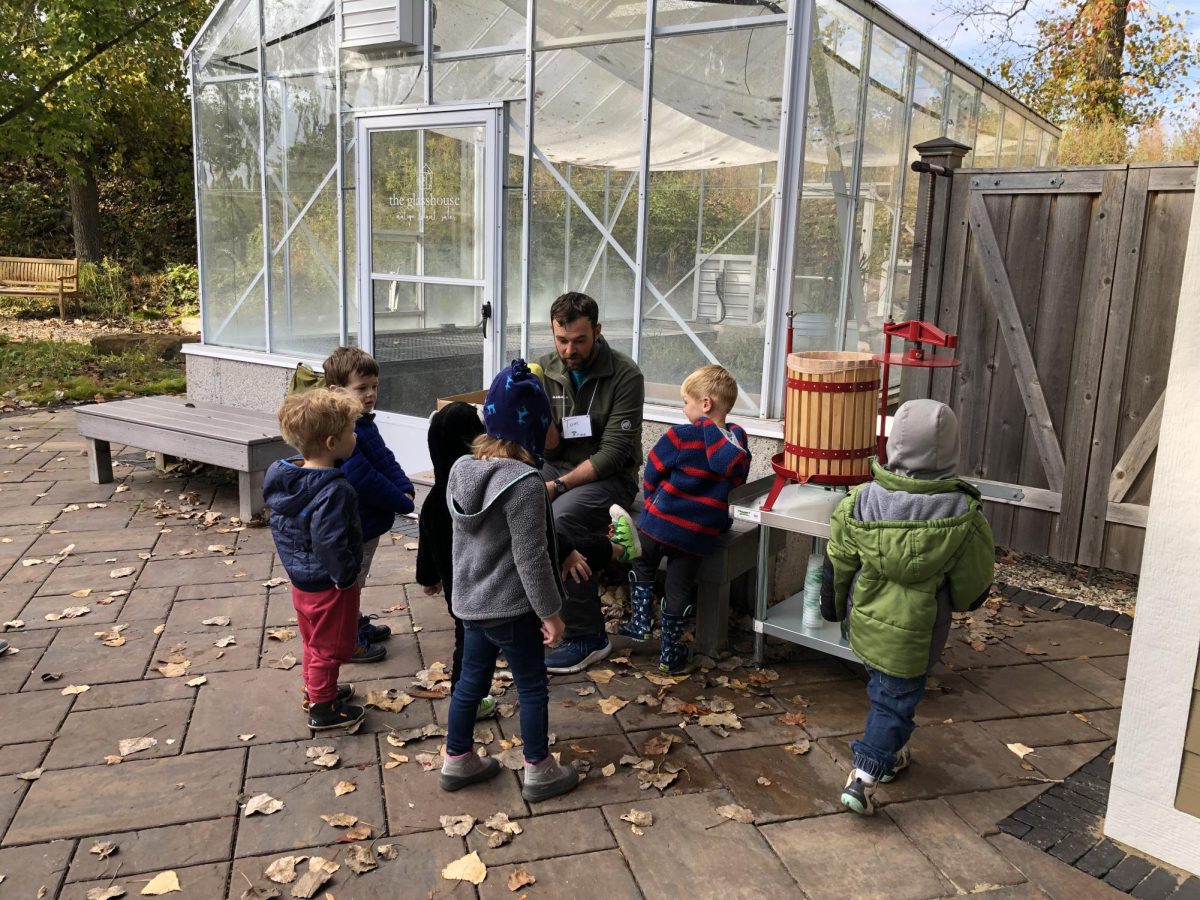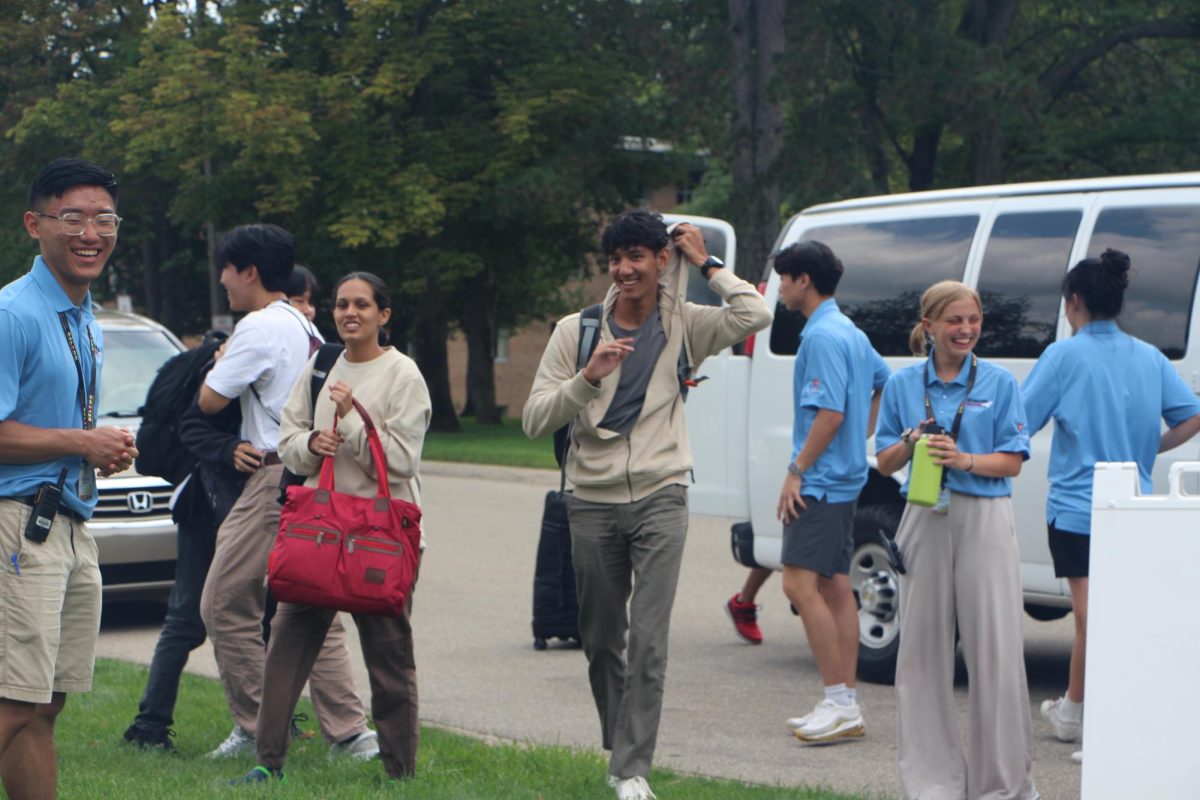It’s been two years since the Calvin music department and Student Activities Office teamed up to start a new program called the Pop Music Guild. The guild boasts a number of bands and soloists who take part in music-making as a community. According to the music department handbook, “this program is designed to help develop emerging student musicians and bands by providing them with mentoring, rehearsal space and avenues for collaboration, opportunities for live performance and assistance toward making a studio recording.” For many students, sustaining a band or a musical group outside of a Calvin musical ensemble was not possible. From not having access to instruments to not having a space to practice, there were not enough resources to help students develop their skills and knowledge of rock, pop and other non-classical music styles, so the Pop Music Guild was created as a response to that problem.
“The SAO is built on the thesis that pop culture matters. We see engaging pop culture with a discerning mind as not merely permissible, but an important part of the Calvin education. We believe the conversation taking place in pop culture is important, and through [Pop Music Guild] we are helping our students join that conversion, creating culture of their own,” said John Williamson, research and program coordinator in campus involvement and leadership. He added, “For some students who are interested in making music for some kind of profit, we share some business advice and potentially even opportunities to perform in front of national touring artists who are visiting Calvin.” Not everyone is interested in going into music as a career, however. Williamson believes that “there is an inherent value in providing students the opportunity to express themselves. Developing as artists can help them know themselves and the world more deeply. We also believe it serves the Calvin community to have fellow students sharing their talents and their ideas in the form of music.”
The guild has about 40 members, which include at least six bands and a few solo acts. They are kept in the loop by their mentors, Ken Heffner, Williamson and Professor David Fuentes, who inform them about learning opportunities such as workshops and concerts. They are also involved in monthly feedbacks sessions where members of the guild share their music with the group and receive feedback from their peers. Williamson also mentioned that the three mentors offer monthly meetings to members of the guild in which they “check in with the artists about their development and their goals.”
One of the most vital aspects of the guild’s provisions for students is a rehearsal space in Calvin’s Surge building. Students who don’t have the space or resources on hand to practice with their band — especially with a drum set — have access to space in the building which contains one. Cotter Koopman said that “having that space as a resource is really nice, and definitely empowers our band to pursue gigs and be more active than we would on our own.”
Koopman, a singer-songwriter-bass-keyboardist of the band Sleepover, provided insight on the sort of commitment that is required for the Pop Music Guild: “The time commitment mostly consists of monthly feedback sessions.” During the feedback sessions, students listen to other guild members’ songs and offer critique and encouragement. They also go to mentoring sessions with the staff leaders about their musical projects. Koopman continued, “It isn’t much. Other than that, it’s entirely what you put into it.”
Joseph Joel of The Manhattan Project prioritizes his music-making as an important part of his life: “It’s absolutely worth the time commitment. It’s like asking if swing-dancing or exercising is worth the time commitment. If it’s something you enjoy doing, there’s no better way to spend your time.”
Tyler Luce, co-songwriter, pianist and tenor saxophone player of L.A.M.P. mentioned how the guild helps him in his music-making: “It forces me to get my act together. To me, being a musician isn’t just being skilled at playing your instrument, although that’s certainly a large part. It also involves being disciplined in your practicing, making sure you’re good enough at marketing yourself to get gigs and being good at planning ahead for the gigs. In those ways, the guild has helped by providing motivation to work on those skills and mentoring the band not just in music, but in managing ourselves.”
The social aspect of the guild has proven helpful for musicians to connect and find new ways to make music together. “People tend to be very supportive of each other, which is fantastic.” Michal Suigussaar, a Calvin graduate and former guild member, mentioned the importance of connection when it comes to making music: “Because we are all working towards the same goals, most members are just looking to help each other and really enjoy the opportunities for growth. The feedback sessions are a lot of fun too because it is such a great way to meet with and chat with other musicians of different backgrounds.”
Since the Pop Music Guild is still a fairly young program, there is much room for growth and improvement. Professor Fuentes, one of the mentors, has a larger hope and vision for the guild. He hopes “that students would support each other by attending events like the peer feedback sessions. … That a culture of serious practice would arise. People have great gifts, but are not working in proportion to those gifts. Many of us fall on the saggy side of the Parable of the Talents.” Fuentes also mentioned, “Whether students plan to work professionally in music or just keep doing it throughout their lives, college offers a chance to learn a ton about music while getting personal attention from experts who care.”
Koopman mentioned some hopes he has for the future of the guild which involve increased diversity of music and hopes for more students to get involved: “Right now there’s a lot of musicians that look alike and sound alike, including myself. I know there’s all kinds of people around Calvin interested in making all kinds of music: experimental, electronic, ambient, folk, hip hop, R&B, classical, jazz, country, punk. … Maybe you’re interested or experienced in music that isn’t Western. [The Pop Music Guild] could be a place for that. You don’t even have to know what you’re doing. We’ve had some different genres represented in the past, but I think the more diversity, the greater the variety of sounds and perspectives, the better. … Pretty much, no matter your medium or genre, there’s some community that’s excited to hear what you’re working on, if you want to share. Creativity doesn’t have to be, and maybe shouldn’t be, a personal, internal thing.”
The Pop Music Guild sends weekly email updates through John Williamson (jrw23@calvin.edu) as well as a Facebook page. Feedback sessions and mentoring times are open to anyone at Calvin who is interested in getting involved.



